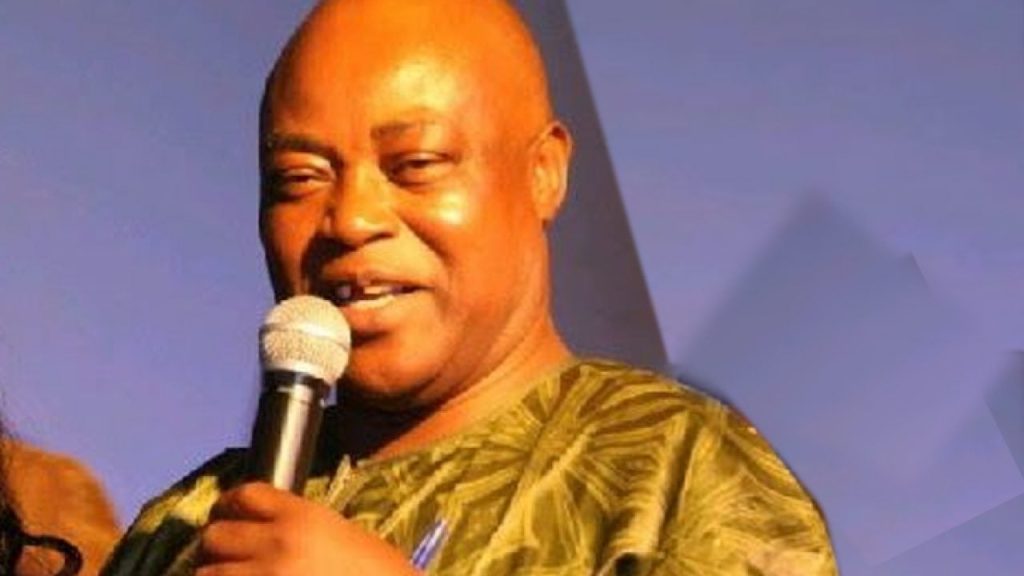The Democratic Republic of Congo has extended a ban on mineral trading from 38 artisanal mining sites in the conflict-ridden North and South Kivu provinces. This decision comes as officials cite evidence that proceeds from the illicit mineral supply are being used to fund armed groups in the region. The six-month extension aims to increase compliance pressure on global supply chains for key minerals such as tin, tantalum, and tungsten, which are crucial components in the electronics, automotive, and aerospace industries.
The ban, initially imposed in February, has been prolonged due to the ongoing instability in the region. Eastern Congo’s mineral-rich territories remain contested by various militia groups, including the M23 rebels, who have recently expanded their control over strategic areas. The decision to extend the ban is intended to curb the flow of funds to these armed groups and promote stability in the region.
The mines ministry’s move is also designed to put pressure on international buyers to ensure their supply chains are free from conflict financing. This is a critical step towards preventing the perpetuation of violence and human rights abuses in the region. The global demand for minerals such as tin, tantalum, and tungsten has led to a complex web of supply chains, making it challenging to track the origin of these materials.
The extension of the ban is significant, as it highlights the need for increased transparency and accountability in the mineral trade. The international community has been urged to take steps to prevent the financing of armed groups through the illicit mineral trade. The situation in eastern Congo remains volatile, with militia groups vying for control over the region’s rich mineral resources.
The ban’s extension will likely have implications for companies operating in the region, as they will be required to ensure that their supply chains are conflict-free. This may involve conducting thorough due diligence and implementing measures to prevent the sourcing of minerals from artisanal mining sites in the affected areas. As the situation in eastern Congo continues to evolve, the international community will be closely monitoring the impact of the ban and its effectiveness in promoting stability and preventing conflict financing.


